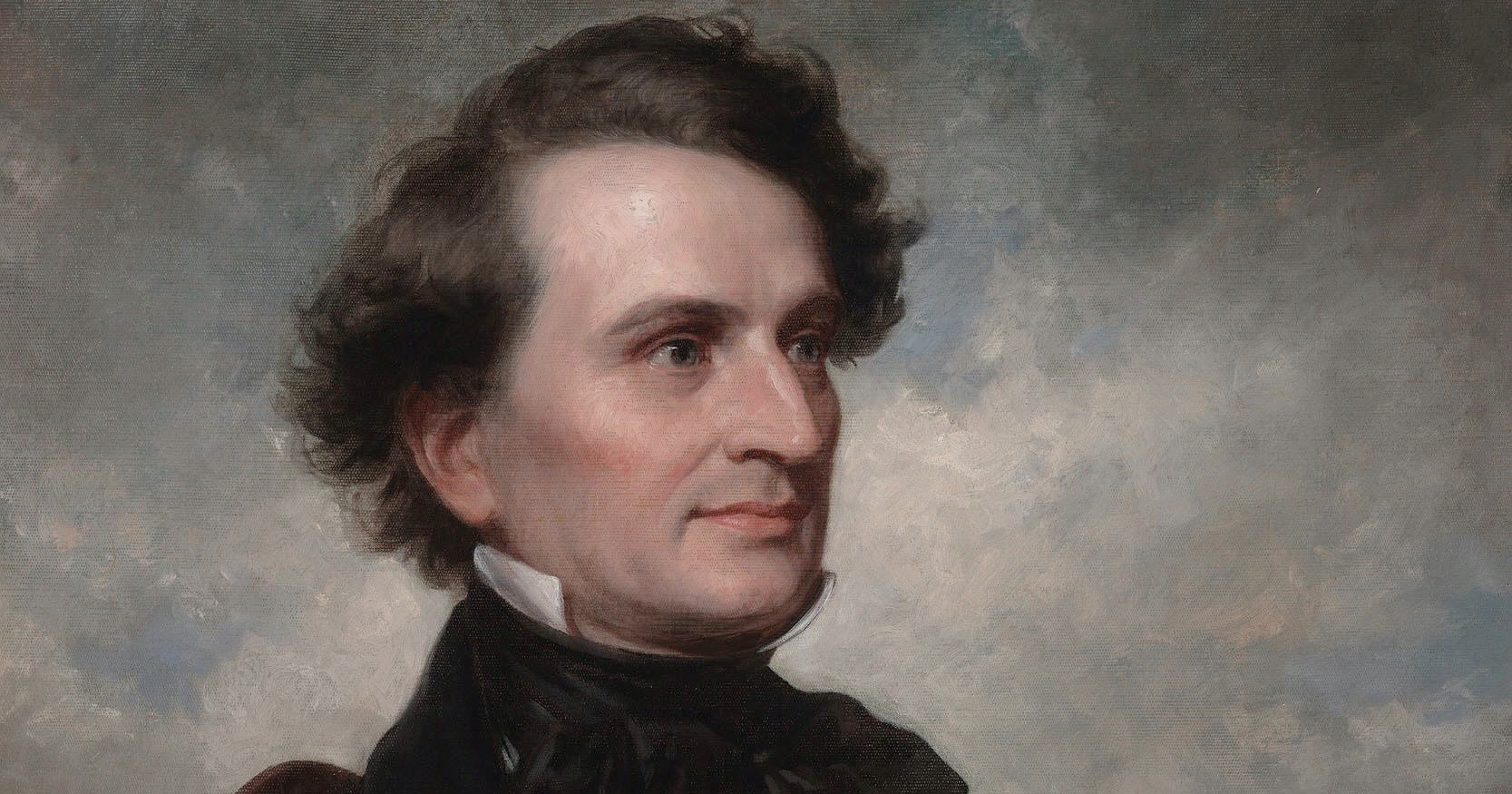 Evolution
Evolution
 Faith & Science
Faith & Science
James Dwight Dana: Falsely Claimed Darwinist

Editor’s note: See also, “Theistic Evolution: The Case of Theodore Munger.”
On Friday, I explored the case of theologian Theodore Munger, falsely characterized as having been “won over” to Darwinian evolution, becoming, in this misleading presentation, an early defender of the theory. In reality, as I explained, Darwinian theism and theistic evolution need to be carefully distinguished. Munger exemplifies theistic evolution not Darwinian theism.
Members of the scientific community are not immune to this confusion of terms. Consider the example of James Dwight Dana (1813-1895), an American geologist who held the editorship of the American Journal of Science from 1846 until his death. Dana’s chief claim to authority was in the field of geology, in which his multi-editioned Manual of Geology became a standard.
Encyclopedia Britannica correctly notes Dana’s many achievements — his exploration of the South Seas, his extensive work in mineralogy, his leadership in the American Association for the Advancement of Science, the Geological Society of America, and the National Academy of Sciences. It also points out that Dana was a correspondent of Charles Darwin. While he resisted Darwin’s thoroughly naturalistic theory of evolution, the entry notes, “Darwin’s impressive argument, coupled with Dana’s own zoological knowledge, was persuasive in the end, however, and he [Dana] adopted evolution theory in the last edition of his Manual.” But is this true?
The Facts Say Otherwise
As William F. Sanford Jr. has pointed out:
Although Dana accepted many of the Darwinian tenets, he continued to have several reservations. One of his leading objections was the failure of Darwin’s theory to explain what it had set out to demonstrate, namely the origin of species. The doctrine of the survival of the fittest Dana admitted to be a fact. However, Natural Selection, true to its title, could not satisfy him as to the origin of the fittest.
[…]
Dana remained disconcerted by the dearth of geological evidence supporting evolutionary theory. He had come to recognize that the geological record was imperfect, in fact “badly broken,” in his own words. Furthermore, the record did indicate transitions in a very few cases: in particular those between birds and reptiles, and the horse and tapir. Nevertheless, Dana was led to entertain the possibility that evolution may not always have been gradual. [Emphasis in the original.]
Furthermore, Sanford summarizes Dana on Darwin thus:
Although Dana acknowledged the structural similarities between man and the ape, the great disparities in the cephalization of the two species, man’s capacity for reason, and the failure of geology to provide evidence of any “missing links” convinced him that the creation of man required special assistance from God. For Dana evolution in no way denied or obscured God’s purpose. He failed to see any “chance” in mutation.
A Key Feature of Darwinian Evolution
Finally, in direct contradiction to the Encyclopedia Britannica, it is clear that in the fourth and final edition of his Manual, Dana explicitly rejected a key feature of Darwinian evolution: “Chance has no place in nature’s laws and can have none in nature-science,” he writes in the Manual.
Whatever the results of further research, we may feel assured, in accord with [Alfred Russel] Wallace, who shares with Darwin in the authority of the theory of Natural Selection, that the intervention of a Power above Nature was at the basis of Man’s development. Believing that Nature exists through the will and ever-acting power of the Divine Being . . . or, in the words nearly of Wallace, that the whole Universe is not merely dependent on, but actually is, the Will of one Supreme Intelligence, Nature, with Man as its culminant species, is no longer a mystery.
There can be no greater statement rejecting the positivism and overweening naturalism of Darwinian evolution than this. So here again, we have a major scientific figure falsely enlisted on behalf of Darwin when, in fact, like Munger, Dana clearly belongs in Wallace’s intelligent evolution camp.
Disconcerting Examples
As these disconcerting examples demonstrate, unless and until the academy and its popular media outlets begin to treat the history of Darwinian evolution with the care and precision necessary, we should all be very wary of claims that any given historical figure was a Darwin supporter. In the lame attempt to bestow a kind of halo effect upon all things Darwinian, attributions are frequently made largely out of ignorance of what Darwinian evolution really is, or what any given so-called “evolutionist” actually believed.
When it comes to claims of the “nearly unanimous” acceptance of Darwinian evolution, mere assertion cannot stand as fact. Only when corroborated with actual primary data about exactly what is accepted and by whom can such an assertion be validated. As we’ve seen with the cases of Theodore Munger and James Dwight Dana, it clearly cannot. It is almost certain that other examples exist, and these can likely be exposed without too much difficulty.
The moral here is simple: Don’t buy everything manufactured by the Darwin Industry or by co-called “experts” who serve as its door-to-door sales team. Every time we see an article or an entry heaping praise on the “convincing” evidence for Darwinism, a little “Spam Risk” alarm should go off in our head.
